Revolutionizing Marketing: How AI Automation is Driving Unprecedented Growth
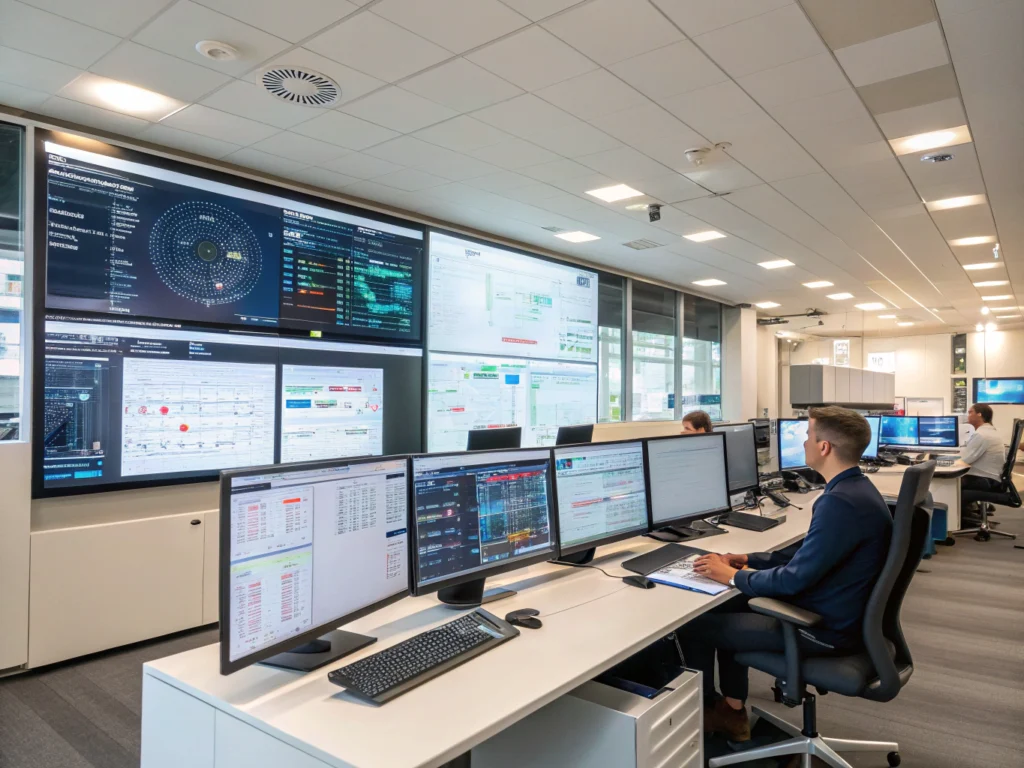
and avoid any unnecessary fluff. You can use the following paragraph as a starting point:
Are you feeling overwhelmed by the sheer volume of customer data? Do you wonder if your marketing efforts are truly resonating with individual customers? In today’s hyper-competitive landscape, achieving marketing success requires more than just intuition – it demands intelligent, adaptive strategies. This is where AI-Powered Marketing Automation steps in, revolutionizing how businesses connect with their audiences and drive growth.
Key Concepts & Trends
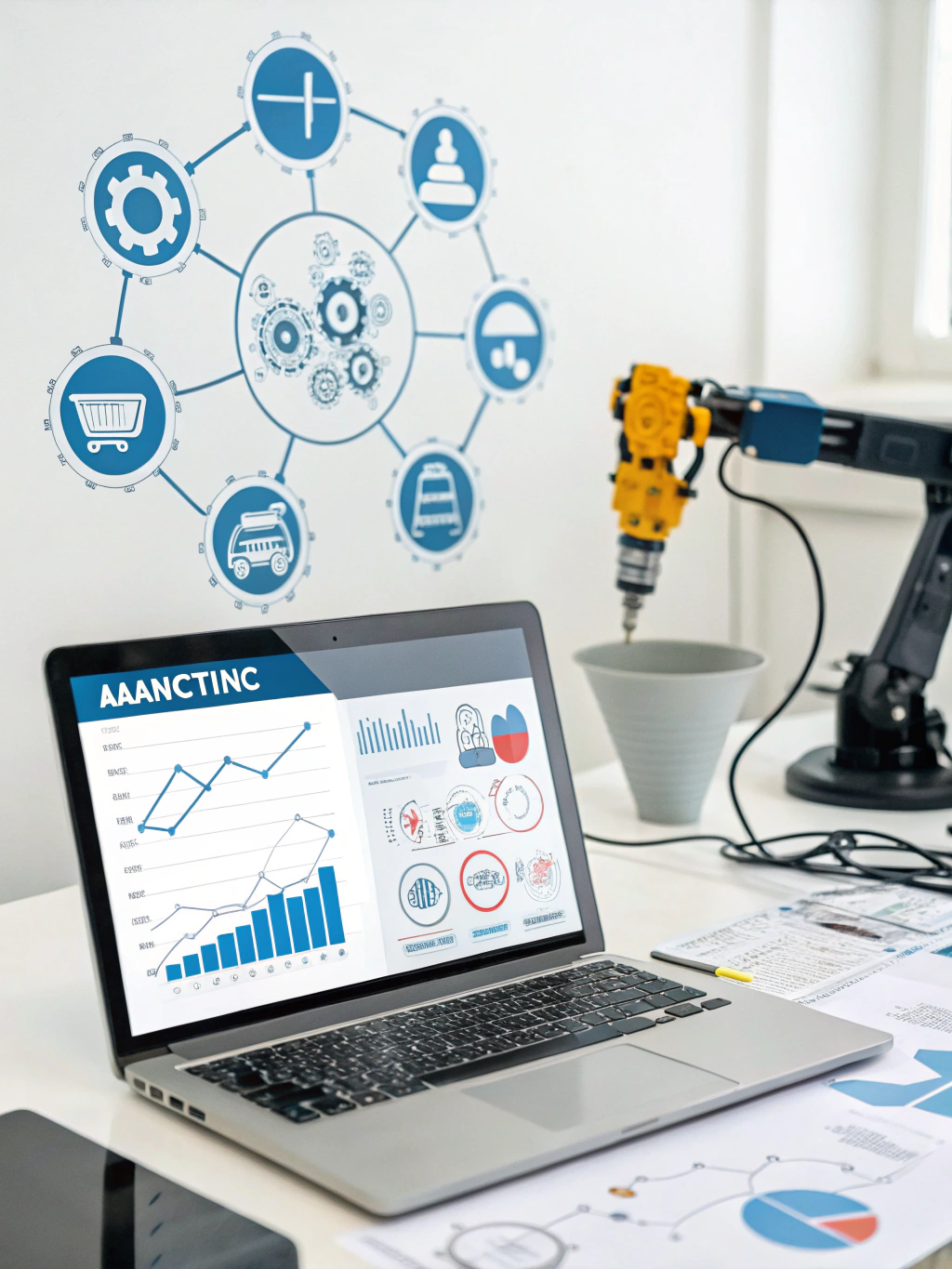
The current marketing landscape is undergoing a profound transformation, fueled by advancements in Artificial Intelligence (AI) and Machine Learning in Marketing. Gone are the days of broad, one-size-fits-all campaigns. Today’s successful marketing hinges on personalization, predictive analytics, and hyper-targeted messaging, all powered by intelligent automation.
Several key concepts are driving this shift. Predictive Analytics: AI algorithms can analyze past customer behavior to forecast future actions, allowing marketers to proactively engage with potential customers at the right time with the right message. For instance, a retail company might use predictive analytics to identify customers likely to abandon their shopping carts and send them a personalized discount. Personalized Content: AI enables dynamic content creation, tailoring website experiences, email campaigns, and even product recommendations to individual user preferences. Think of Netflix suggesting shows you’ll love – that’s AI-driven personalization in action. Chatbots & Conversational Marketing: AI-powered chatbots are becoming increasingly sophisticated, offering instant customer support, qualifying leads, and even guiding customers through the sales funnel. These aren’t just basic Q&A bots; they’re learning and adapting to customer interactions. Marketing Automation Platforms with AI: Leading platforms like HubSpot, Marketo, and Salesforce Marketing Cloud are integrating AI to automate tasks like email scheduling, A/B testing, and lead scoring, freeing up marketers to focus on strategic initiatives. Image and Video Generation: Emerging AI tools are making it easier than ever to create engaging visual content, from personalized images for social media to short marketing videos, all with minimal effort.Machine Learning in Marketing is not a distant future; it’s actively reshaping the present.
Data & Market Insights
The market for AI in marketing is exploding. A recent report by Grand View Research projects the global AI in marketing market to reach $84.9 billion by 2030, growing at a CAGR of 25.9% from 2023 to 2030. This surge is driven by the increasing availability of data, the ability of AI algorithms to process complex information, and the growing need for personalized customer experiences.
Consider this: 71% of marketers believe AI will become essential in the next three years (Source: Salesforce). Further, companies leveraging AI for marketing see, on average, a 20% increase in marketing ROI. (Source: McKinsey).
[Insert a chart or infographic here showcasing the growth of the AI in marketing market, citing the sources mentioned above.]
The adoption of AI in marketing isn’t limited to large enterprises. Smaller businesses are also recognizing the potential, with 40% reporting they are actively exploring or implementing AI-powered solutions. (Source: HubSpot). This democratization of AI tools is making sophisticated marketing strategies accessible to a wider audience.
Smarter Strategies & Alternatives
To effectively leverage AI-Powered Marketing Automation, consider a strategic, phased approach. Don’t try to implement everything at once. Start with a pilot project, such as automating email workflows or personalizing website content for high-value customers.
One alternative to investing in expensive enterprise-level platforms is to explore specialized AI tools. Platforms like Jasper.ai or Copy.ai offer AI-powered copywriting assistance, while tools like Synthesia focus on AI-generated video creation. These offer more targeted solutions at a lower cost.
Prioritize data quality. AI is only as good as the data it’s trained on. Ensure your customer data is accurate, complete, and properly segmented. Consider implementing a robust data management system.
Use Cases & Applications
The applications of AI-Powered Marketing Automation are vast and varied.
E-commerce: AI-powered recommendation engines are a staple, driving sales by suggesting relevant products. Personalized product discovery experiences are enhancing customer engagement.
Lead Generation: AI can score leads based on their likelihood to convert, allowing sales teams to focus on the most promising prospects. Chatbots can qualify leads 24/7.
Content Marketing: AI tools can assist with content ideation, writing, and optimization. They can also personalize content based on user preferences.
Social Media Marketing: AI can schedule posts, analyze social media sentiment, and even generate creative ad copy.
Email Marketing: AI can optimize send times, subject lines, and email content for maximum engagement.
A prime example is Sephora’s use of AI-powered chatbots to provide personalized beauty advice and product recommendations to customers. This not only enhances the customer experience but also drives sales and brand loyalty.
Common Mistakes to Avoid
Despite the immense potential, several common mistakes can derail AI marketing initiatives.
Ignoring Data Privacy: Failing to comply with data privacy regulations (like GDPR and CCPA) can result in hefty fines and damage your brand reputation.
Over-Reliance on AI: AI should augment, not replace, human creativity and judgment. Don’t blindly trust AI-generated content without review.
Lack of Clear Goals: Implementing AI without clearly defined marketing objectives can lead to wasted resources and disappointing results.
Insufficient Training Data: Feeding AI algorithms incomplete or biased data will produce inaccurate and ineffective results.
Neglecting Ongoing Monitoring: AI models need to be continuously monitored and retrained to maintain accuracy and relevance. What works today may not work tomorrow.
Maintenance, Security & Long-Term Planning
Maintaining AI-powered marketing systems requires ongoing attention.
Regular Model Retraining: AI models degrade over time as customer behavior evolves. Retrain your models regularly with new data to maintain accuracy.
Cybersecurity: Protect your AI systems and customer data from cyber threats. Implement robust security measures, including encryption and access controls.
Scalability: Ensure your AI infrastructure can handle increasing data volumes and user traffic. Cloud-based solutions offer excellent scalability.
Regulatory Compliance: Stay abreast of evolving data privacy regulations and ensure your AI systems comply with all applicable laws.
Summary & Key Takeaways
AI-Powered Marketing Automation is no longer a futuristic concept; it’s a present-day imperative for businesses seeking to thrive in the digital age. By embracing predictive analytics, personalization, and automation, marketers can create more engaging, effective, and efficient campaigns. Key takeaways include the importance of data quality, strategic implementation, and ongoing monitoring.
What are your thoughts on the future of AI in marketing? Share your experiences and insights in the comments below! Don’t forget to explore our related article on the latest Machine Learning in Marketing trends: Machine Learning in Marketing
FAQs
Is it too late to invest in AI-Powered Marketing Automation?
Absolutely not! The market is still in its early stages, and the potential for growth is immense. Even small businesses can benefit from implementing AI-powered solutions.
How can small businesses use AI for marketing?
Start with simple tools like AI-powered email marketing platforms or social media scheduling tools. Focus on automating repetitive tasks and personalizing customer communications.
What tech stacks scale best for AI-powered marketing?
Cloud-based platforms like HubSpot, Salesforce Marketing Cloud, and Amazon Web Services offer excellent scalability for AI-powered marketing initiatives. Integrating data warehouses like Snowflake can also improve performance.
Share this content:

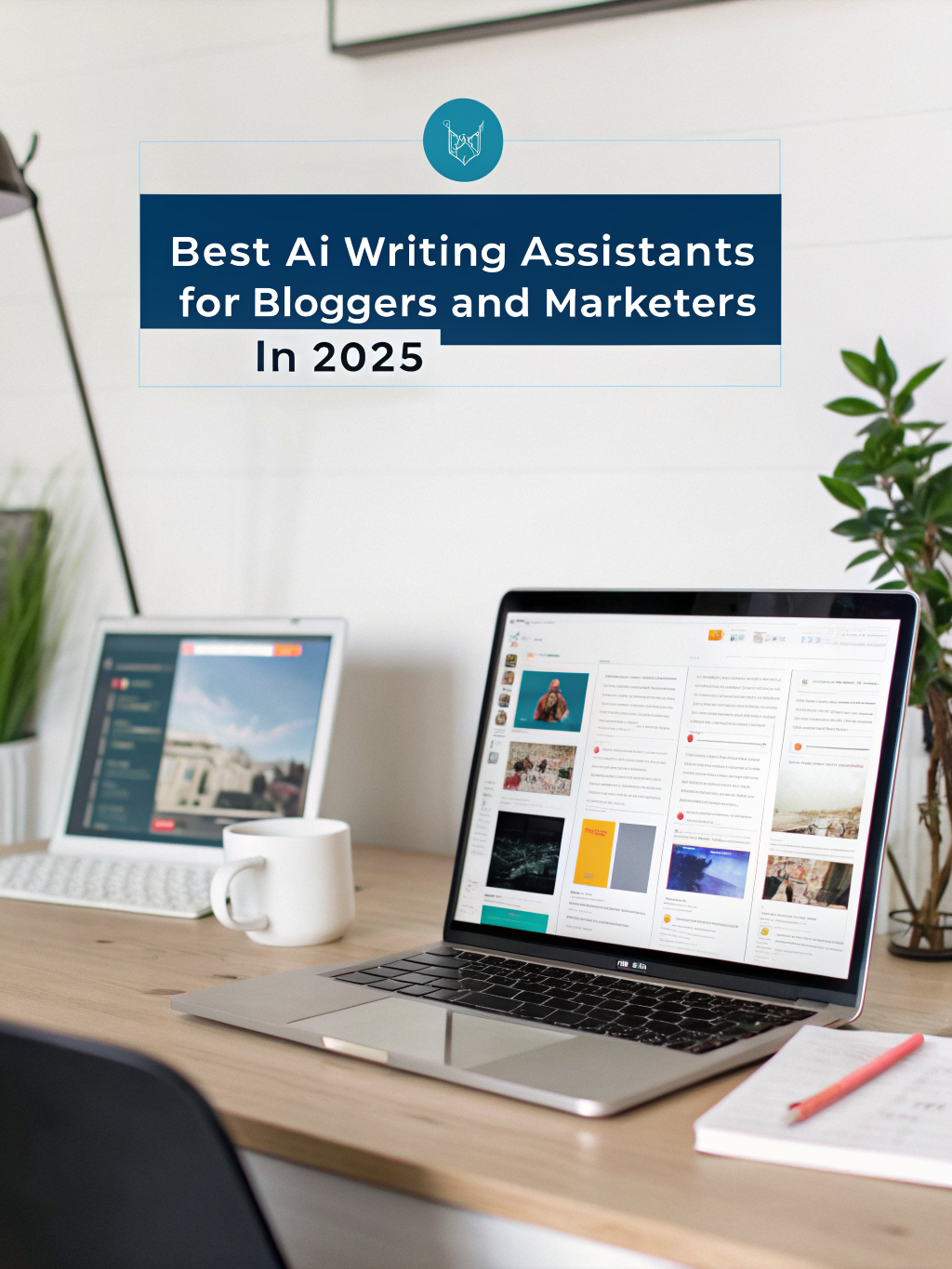
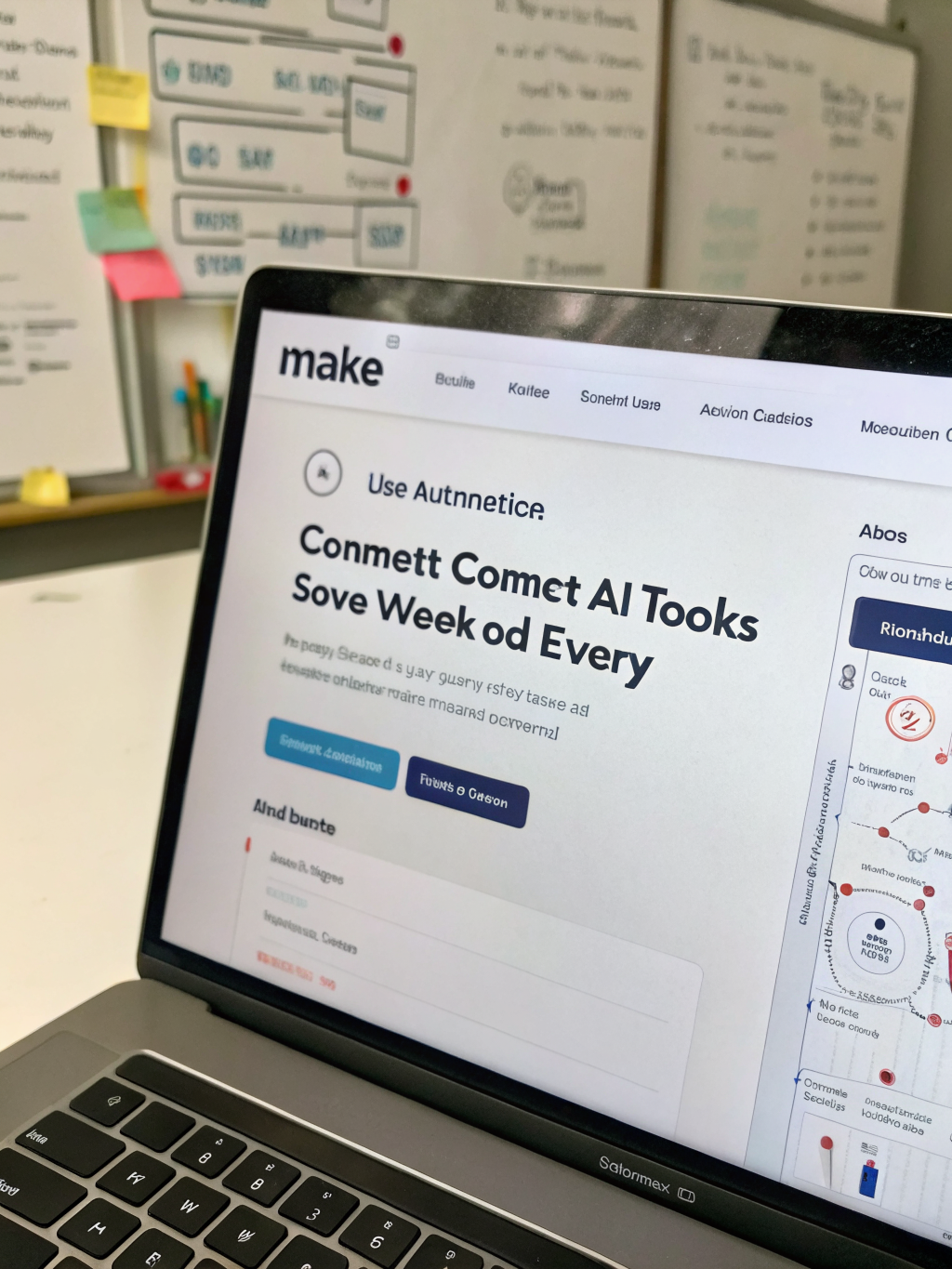
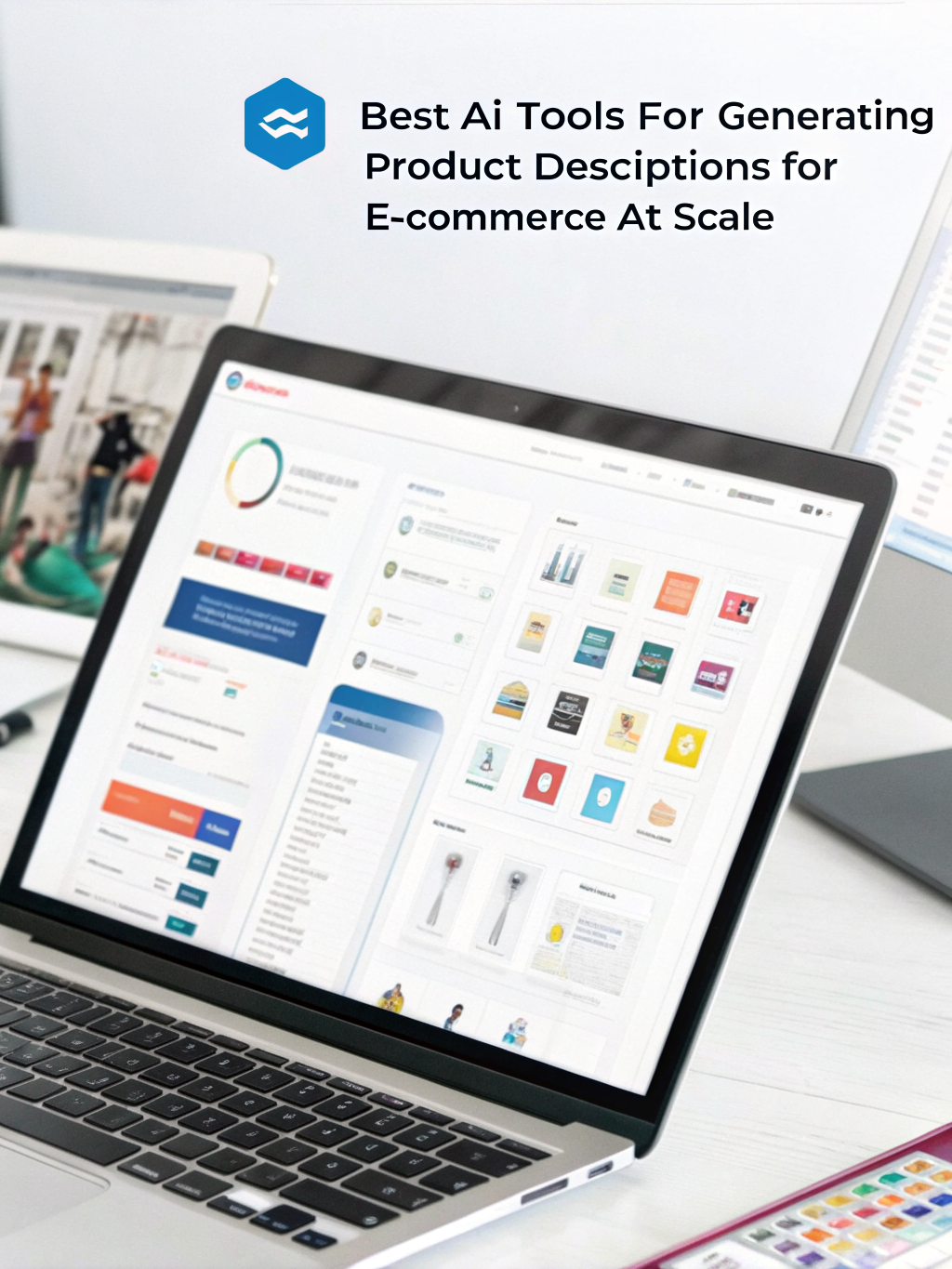
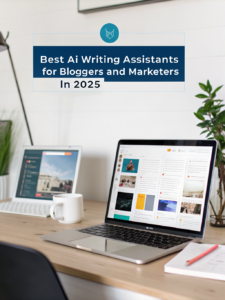
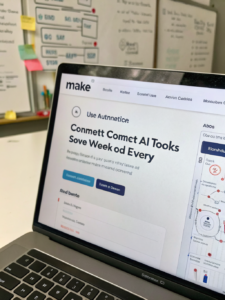
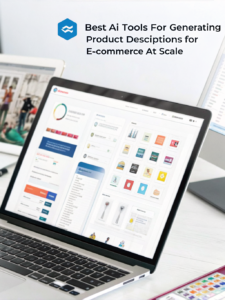
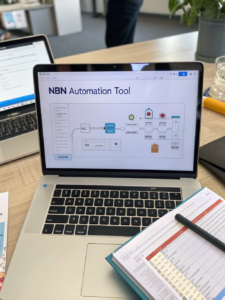
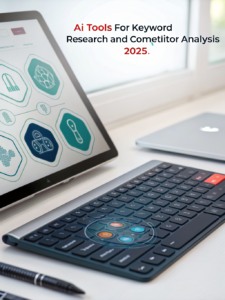
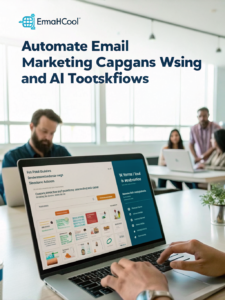
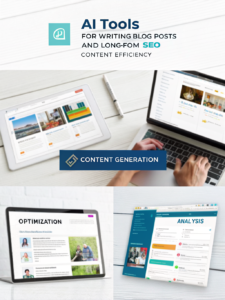

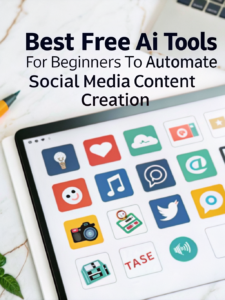
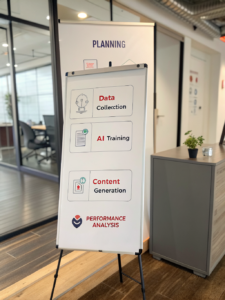
Post Comment